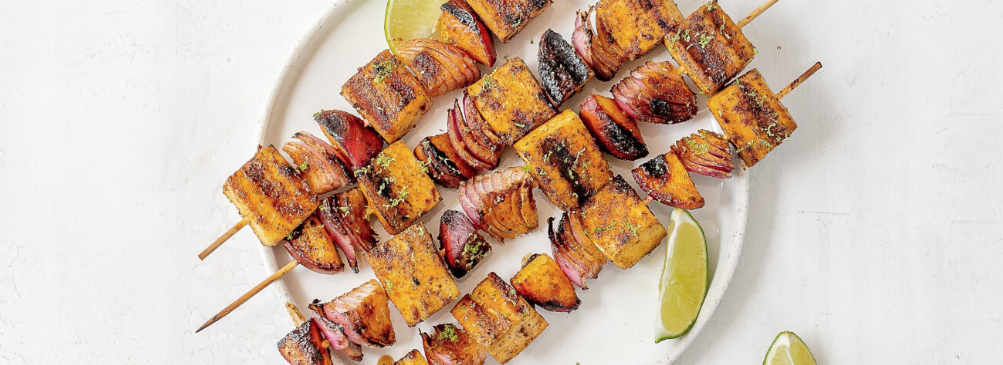Key Takeaways:
- Probiotic supplements may offer benefits but aren’t a universal solution for gut health
- Scientific evidence varies significantly by strain and condition
- Whole-food alternatives like fermented foods often provide better value
- A holistic approach to gut health typically yields better long-term results
Understanding Probiotic Supplements: Beyond the Hype
The probiotic supplement industry has seen substantial growth in recent years. “Market size was valued at USD 18.04 billion in 2022 and is expected to grow at a compound annual growth rate (CAGR) of 14.1% from 2023 to 2030 [1]”, reflecting increasing interest in gut health solutions. While these supplements promise digestive wellness, immune support, and various health benefits, the scientific reality is more nuanced than marketing claims suggest.
What Are Probiotics?
Probiotics are living microorganisms that, when administered in adequate amounts, confer health benefits to the host. Common well-studied strains include:
- Lactobacillus rhamnosus GG (LGG): Extensively studied for digestive health [2]
- Bifidobacterium longum: Researched for IBS pain support [4]
- Saccharomyces boulardii: A beneficial yeast strain studied for digestive issues [3]
The Scientific Evidence: What Research Actually Shows
Colonization Challenges
Research from human microbiome studies has revealed several challenges with probiotic supplementation:
- Stomach acid creates a significant barrier for probiotic survival
- Most supplemental probiotics only temporarily colonize the gut
- Colony-forming units (CFUs) listed on labels may not reflect what reaches your gut
- Storage conditions can significantly impact probiotic viability
Strain-Specific Benefits and Limitations
Different probiotic strains serve different purposes. Current evidence supports:
- Antibiotic-associated diarrhea: Evidence supports S. boulardii use
- IBS symptoms: Some evidence for specific Bifidobacterium strains
- Acute infectious diarrhea: Evidence supports LGG, particularly in pediatric cases
Potential Risks and Contraindications
Medical Considerations
Consult healthcare providers if you have:
- Compromised immune system
- Recent surgery
- Serious underlying health conditions
- Active infections
Quality and Safety Concerns
Independent laboratory testing has identified several common issues:
- Discrepancies between labeled and actual CFU counts
- Presence of unlisted bacterial strains
- Variable product quality between manufacturers
- Impact of improper storage on probiotic viability
Natural Alternatives: The Science-Based Approach
Fermented Foods: Nature’s Probiotics
Research shows fermented foods offer several advantages and are more effective than probiotic supplements [5].
- Kimchi: Contains multiple bacterial strains and beneficial compounds
- Kefir: Offers both bacterial and yeast diversity
- Sauerkraut: Provides fiber alongside beneficial bacteria
Building a Resilient Microbiome
Focus on these evidence-based strategies:
- Dietary Diversity
- Aim for a wide variety of plant foods weekly (we love 40 plants)
- Include different fiber types (soluble, insoluble, resistant starch)
- Incorporate prebiotic-rich foods like garlic, onions, and asparagus
- Lifestyle Factors
- Regular exercise – minimum of 150mins of moderate to intense aerobic activity and two 20-30mins of strength exercises per week
- Stress management like expressive writing, yoga, breath work, meditation
- Adequate sleep – 7-9hours per night
Making an Informed Decision
When Supplements Might Help
Consider probiotic supplements for:
- Post-antibiotic recovery
- Specific medical conditions (under healthcare supervision)
- Short-term immune support while traveling
Cost Considerations
- Probiotic supplements represent a significant ongoing expense (popular brands costing $50/month)
- Fermented foods often provide better value (an 18oz jar of kimchi contains 17 servings for just $6.99)
- Whole food approaches offer additional nutritional benefits like fiber, essential vitamins and minerals and contribute to an overall healthy diet
Frequently Asked Questions
Q: How long should I take probiotics?
A: For specific conditions, follow healthcare provider guidance. For general use, consider short-term supplementation while building healthy dietary habits.
Q: Can probiotics cause side effects?
A: Common initial side effects include bloating and gas. Serious adverse effects are rare but possible, especially in immunocompromised individuals.
Q: Are expensive probiotics better?
A: Price doesn’t necessarily correlate with quality. Look for third-party tested products with research-backed strains.
Next Steps for Your Gut Health Journey
- Evaluate your current diet and lifestyle
- Consider starting with fermented foods
- Track your symptoms and responses
- Consider a personalized holistic approach like our Digestif 7-week digestion support program
Remember: A healthy gut microbiome is built through consistent, healthy habits rather than quick fixes. Focus on sustainable dietary and lifestyle changes for long-term gut health success.
Citations:
- Probiotics Dietary Supplements Market Size & Outlook, 2030. (2024, November 25). https://www.grandviewresearch.com/horizon/outlook/probiotics-dietary-supplements-market-size/global
- Caffarelli C, Cardinale F, Povesi-Dascola C, Dodi I, Mastrorilli V, Ricci G. Use of probiotics in pediatric infectious diseases. Expert Rev Anti Infect Ther 2015;13:1517-35. [PubMed abstract]
- Feizizadeh S, Salehi-Abargouei A, Akbari V. Efficacy and safety of Saccharomyces boulardii for acute diarrhea. Pediatrics 2014;134:e176-91.
- Ortiz-Lucas M, Tobias A, Saz P, Sebastian JJ. Effect of probiotic species on irritable bowel syndrome symptoms: A bring up to date meta-analysis. Rev Esp Enferm Dig 2013;105:19-36. [PubMed abstract]
- Homayoni Rad, A., Vaghef Mehrabany, E., Alipoor, B., & Vaghef Mehrabany, L. (2016). The Comparison of Food and Supplement as Probiotic Delivery Vehicles. Critical reviews in food science and nutrition, 56(6), 896–909. https://doi.org/10.1080/10408398.2012.733894





Read the Comments +